LATEST NEWS
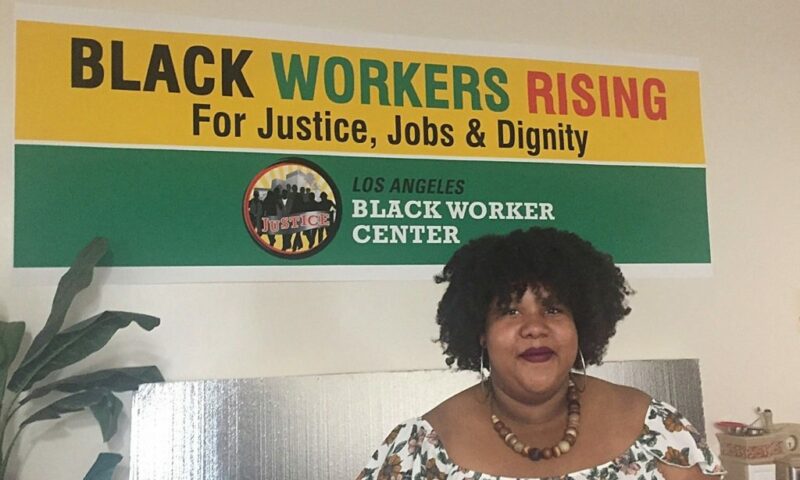
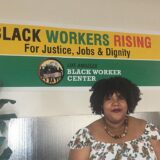
Los Angeles’ innovative “targeted local hiring” program seeks to fill 5,000 city job positions, frozen or gutted during the 2008 recession, with potential employees from communities long excluded from a cumbersome civil service process.


The biggest reason for the decline of unions, says author Rick Wartzman, is because “companies have set out to beat the hell out of them. Corporate America has really ground down organized labor through means both legal and illegal.”


Water is a fundamental human right. The only way to make sure it’s accessible to everyone, no matter how much money they have or the color of their skin, is to keep it under public control and out of the hands of corporations.


Co-published by OC Weekly The places where many chronically homeless people spend their final moments are somehow shocking in their banality – public spaces we pass on the way to somewhere else: a parking lot, a dirt path, an embankment behind a high school.


Some environmental activists worry that proposals floated by Governor Jerry Brown and legislative leaders to extend cap-and-trade, the state’s primary tool in its climate fight, will bar local air districts from regulating carbon dioxide emissions at state-regulated facilities.
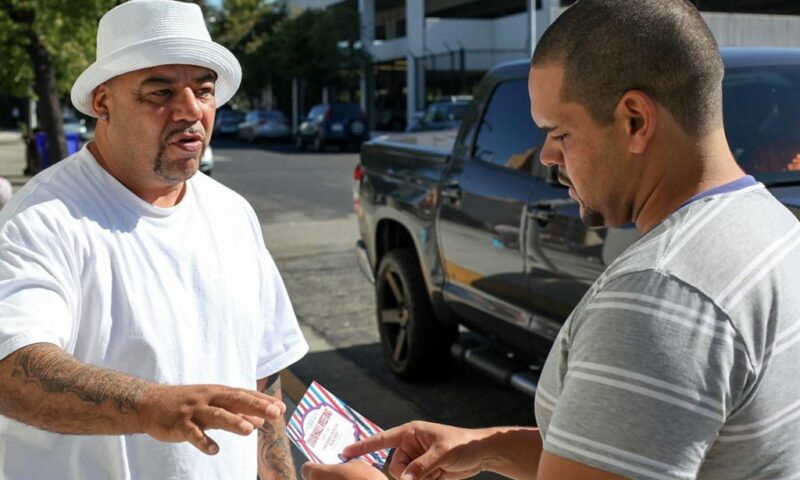

Co-published by The American Prospect
California’s red-hot housing market has made renters vulnerable to rapidly increasing rents that they struggle to pay, or to evictions implemented by landlords who want to raise the rent on new tenants.


Danny Goldberg’s new book tackles 1967, the most promising but confusing year of a tumultuous era. It’s a veritable literary head rush, and he delivers some tasty and tantalizing details along the way.


My mother and aunt were two of the girls of summer, recruited by the All-American Girls Professional Baseball League to play pro baseball during World War II. Twenty-five years ago this month, the league became famous when the film, A League of Their Own, became a hit. BY KELLY CANDAELE


Most of Welcome to Your Alternative Reality‘s sketches cleverly build around the foibles of human nature, and are brought to life by a mostly versatile ensemble with comic chops and a crisp sense of timing.
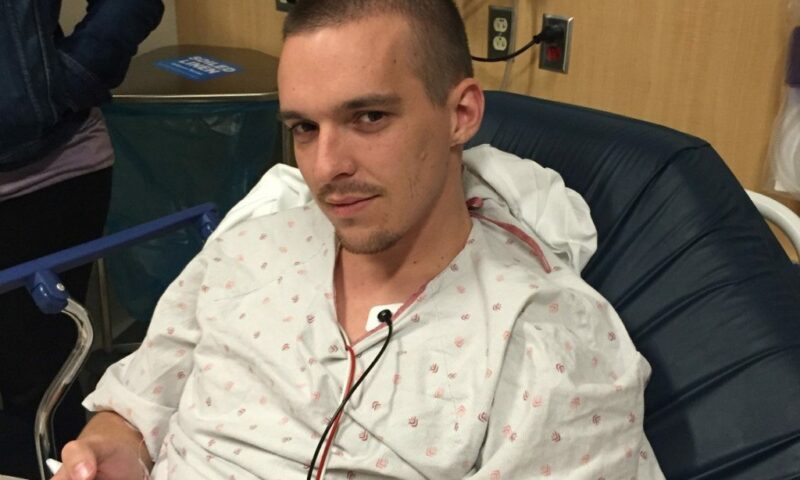

Three people tell Capital & Main that the Affordable Care Act repeal and proposed cuts to Medicaid will decimate their finances and their quality of life. BY LARRY BUHL


Oklahoma is definitely Red America. The Koch brothers’ political network has for years spent large sums supporting state legislative candidates. And it paid off in 2010 when the GOP gained control of the governorship and both houses of the state legislature.


Small, exurban towns are experiencing a plague of addictions – so many that overdoses fill the morgues with bodies.


Co-published by Fast Company /
Oportun has managed to operate profitably while making a dent in a difficult-to-serve market – the 45 million people that the Consumer Financial Protection Bureau identifies as having little-to-no credit history. BY JESSICA GOODHEART


Other cities have zero waste policies but L.A.’s new contract requirements are being touted as the nation’s toughest, and are being studied carefully by New York City, San Diego and others.


As California regulators decide whether to reopen the Aliso Canyon natural gas storage facility, the site of the largest human-caused release of greenhouse gasses in U.S. history, residents and activists vow to redouble their fight against its reopening.
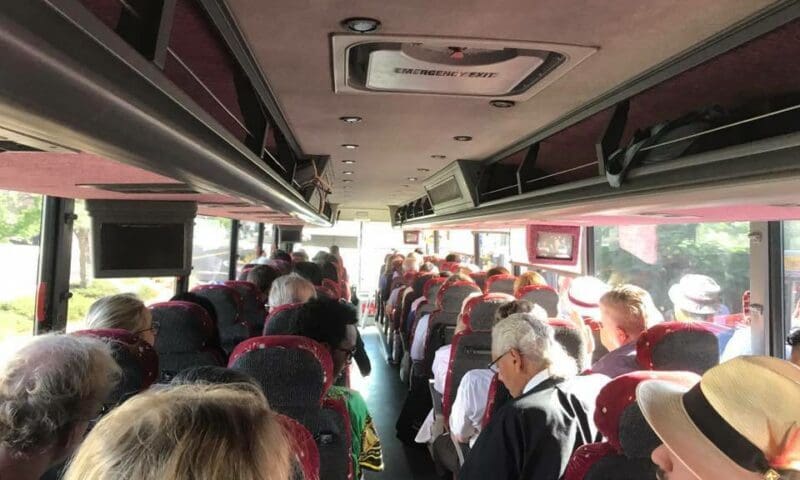

After holding a short prayer service under the watchful eyes of San Bernardino sheriff’s deputies, a group of activists was told to get off the Adelanto Detention Facility’s property.


Today Capital & Main unveils The Bottom Line, a different kind of business podcast that throws a spotlight on companies that are advancing social progress—and on those that aren’t.


There’s good news for low-income Californians tucked within the massive state budget Governor Jerry Brown is set to sign this week, including a measure that advocates estimate could benefit more than one million financially struggling families.


When the Finance and Administration Committee of CalPERS, the giant public-sector pension fund, met Wednesday morning in Sacramento, its agenda included a vote on a seemingly innocuous proposal made by California State Treasurer John Chiang to expand its Responsible Contractor Program.


Many public health and climate activists insist that cap-and-trade offsets are a poor substitute for actual emissions cuts, and in fact, might be making pollution worse in some communities.